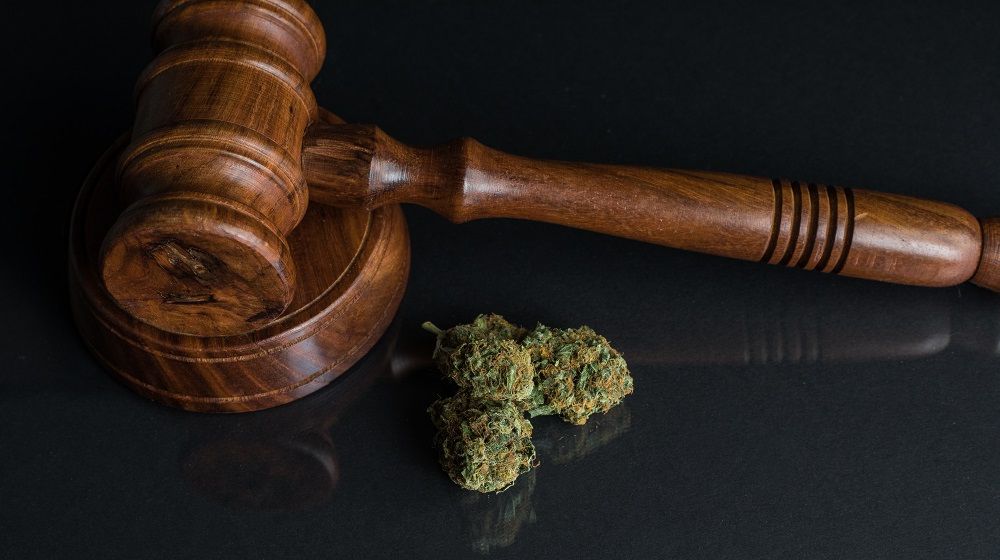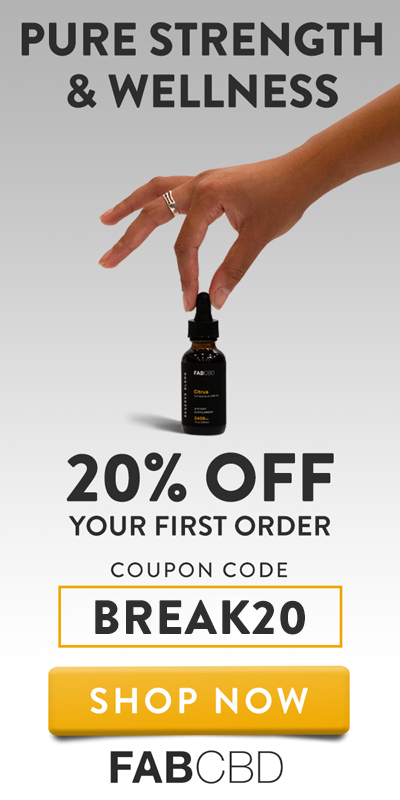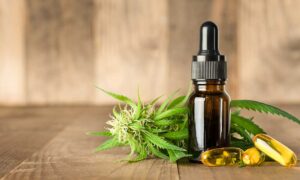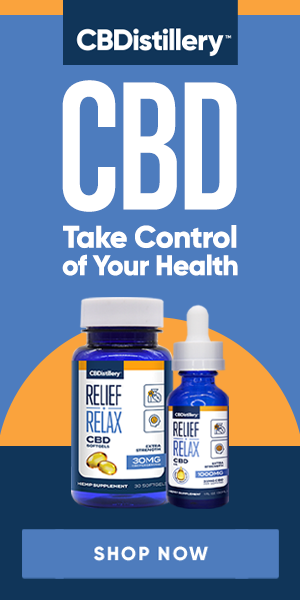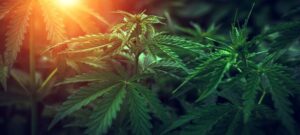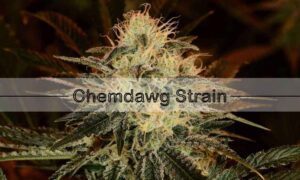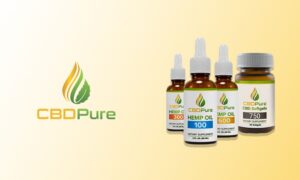To start, we must discuss what the different classifications of CBD are. All variations of CBD comes from a variety of cannabis, either hemp or marijuana. CBD is known to have medicinal properties that can help people with various diseases such as epilepsy or people with cancer going through chemo. People also enjoy CBD for recreation purposes (legal and illegal) as the drug can have a psychological effect that many people find appealing. CBD that comes from hemp is federally legal. In fact, you can go into your local grocery store in most states and get any number of CBD products ranging from oils to lotions to makeup and fabric infused with CBD. This kind of CBD, the one you see all the time, is almost always derived from hemp. The legality of CBD becomes more complicated when it comes from CBD from marijuana.
The main reason hemp has become legal, whereas marijuana has not at the federal level is due to the amount of THC. THC is the chemical responsible for most of cannabis’ psychological effects that cause one of the primary arguments against legalizing CBD. Marijuana typically has up to 30% content of THC, whereas hemp is usually around .3%People are afraid of permanent damage along with temporary, dangerous impairment of the individual using cannabis. The fact that hemp has significantly less THC allows for it to be legalized in federally where marijuana is still considered to be federally illegal.
Below is a more in-depth look at all fifty states.
Legal
- Washington- it is entirely legal to buy CBD products in the state of Washington provided you are eighteen or older. However, it is good to be careful about where you travel because not all neighboring states are CBD friendly.
- Oregon- this is one of the states with the biggest CBD industries in the United States, so it is safe to say that buying CBD is legal here. You should be careful about the quality, however, since this state has turned so industrial with CBD manufacturing.
- California- California has legalized CBD everywhere but has guidelines based on where you can sell various levels of THC. You will find more marijuana-based products at dispensaries while hemp-based products can be found in local drug stores.
- Alaska- this state has legalized CBD, but it is illegal to consume/use any CBD product in any and all public spaces. So while it is legal to buy, make sure you take it home before you use it.
- Nevada– CBD is completely legalized in Nevada (you can find products in both regular stores and dispensaries), and it is even legal to have up to an ounce of marijuana.
- Colorado- CBD is legalized here and is home to many cannabis businesses. All surrounding states have more conservative CBD laws, so be careful leaving the state.
- Michigan- Both CBD and recreational marijuana have been legalized in Michigan, though it may be tough to find places to buy recreational marijuana, you can order online and possess it in the state.
- Illinois- Though CBD is technically legal now, this state is much newer to legalization. What may be fine in big cities is not fine in rural areas. Be careful and know your rights when buying and using CBD in Illinois.
- Maine- Here CBD has been recently categorized as a food, not a medicine, so there is beginning to be a drastic increase in CBD products throughout the state.
- Vermont- Hemp products are a rather large industry in Vermont with CBD stores throughout the state.
- Massachusettes– CBD products are legal throughout this state and can be fine in regular convenience and drug stores.
Legal for Medical Use
- Montana
- North Dakota
- Minnesota
- Utah
- Arizona
- New Mexico
- Oklahoma
- Missouri
- Arkansas
- Louisiana
- Florida
- Ohio
- West Virginia
- Maryland
- Delaware
- Pennsylvania
- New Jersey
- New York
- Connecticut
- Rhode Island
- New Hampshire
- Hawaii
Legalized Medically with Limits on THC Content
- Wyoming- legal to buy hemp products with less than .3% THC.
- Kansas- legal to have hemp products with less than .3% THC.
- Texas- legalized the use of low THC, high CBD products, but no smoking cannabis with any level of THC.
- Iowa- hemp with three percent or less THC is legal.
- Wisconsin- illegal except for limited use of CBD oil for medical purposes.
- Indiana- allows the use of CBD oil with less than .3% THC content.
- Kentucky- allows only nonpsychoactive CBD products.
- Tennessee- allows CBD products with less than .9% of THC to treat some medical ailments such as seizures.
- Mississippi- allows the use of CBD oil with less than .5% THC content.
- Alabama- allows non-psychoactive CBD oil to treat medical conditions.
- Georgia- legalized CBD for medical use with less than 5% THC and a higher percentage of CBD than THC.
- South Carolina- a few legalized CBD oil products for medical uses.
- North Carolina- has medical programs for low THC hemp products.
- Virginia- allows for low THC CBD medical products.
Illegal
- Idaho
- South Dakota
- Nebraska
Decriminalized
- New Mexico
- Nebraska
- North Dakota
- Minnesota
- Missouri
- Mississippi
- Ohio
- North Carolina
- Maryland
- Delaware
- New York
- Connecticut
- New Hampshire
- Rhode Island

